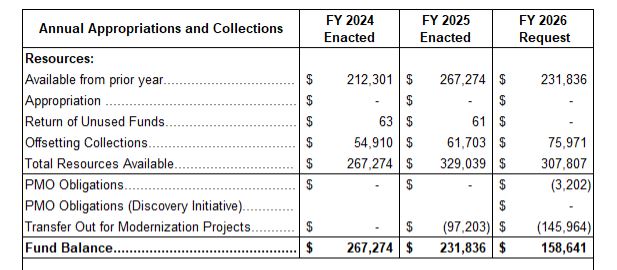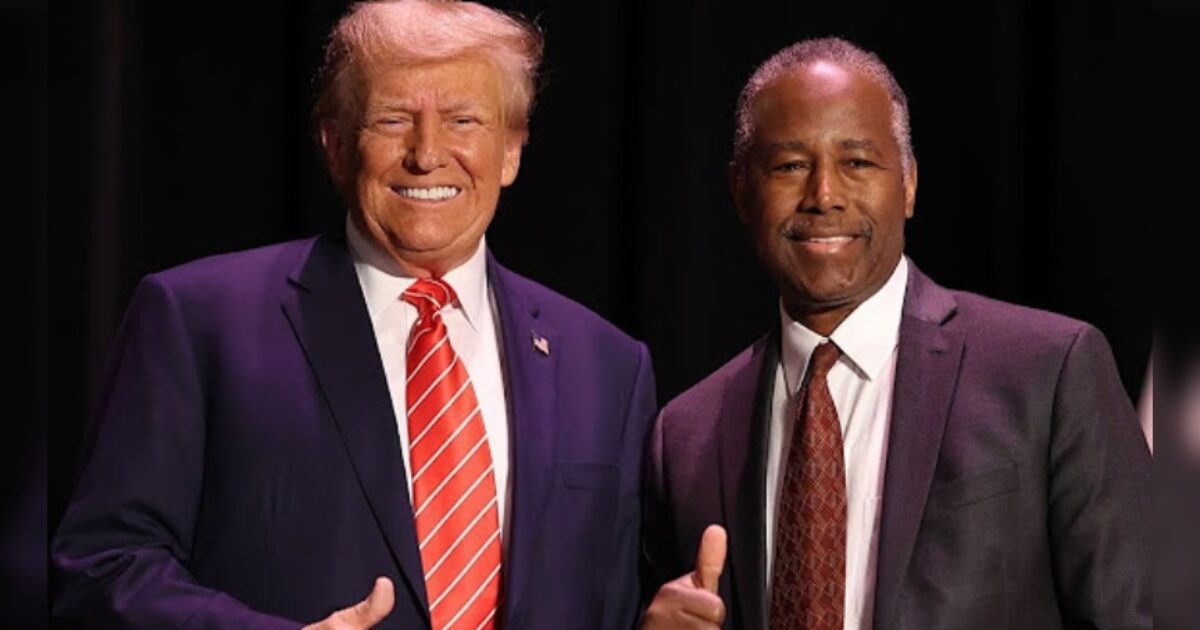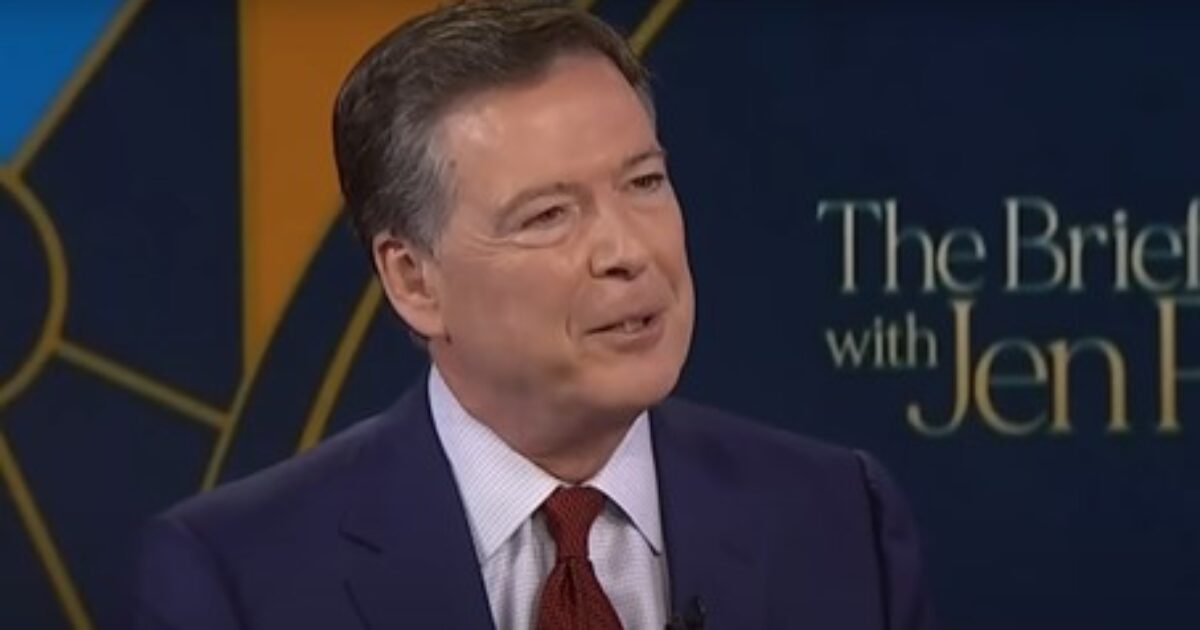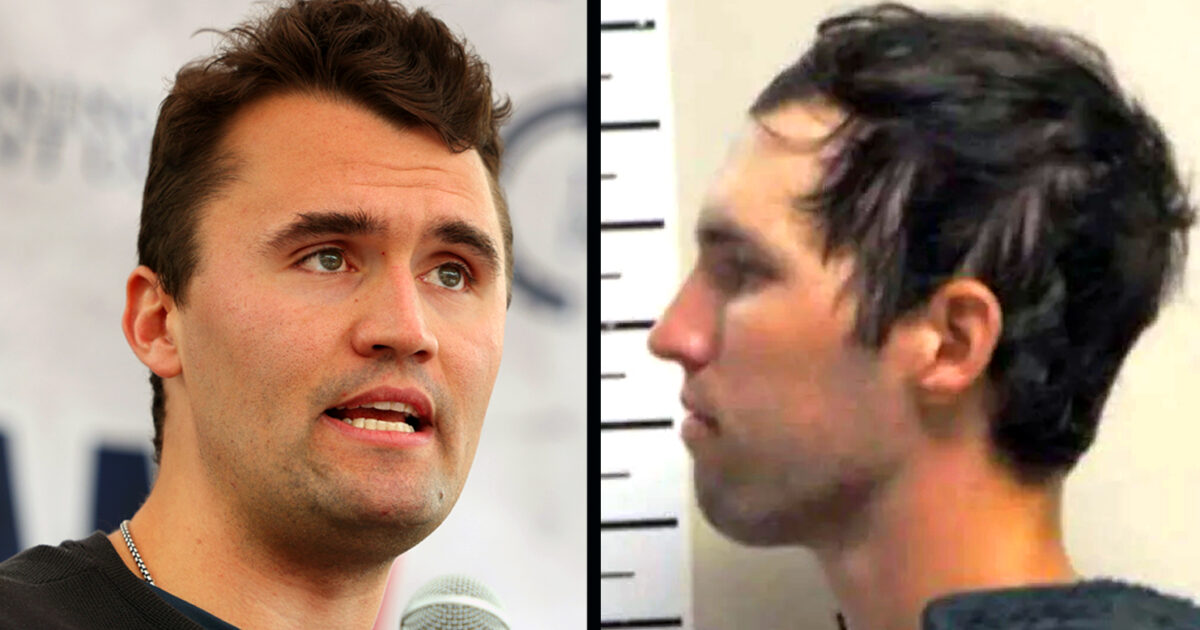Politics
White House wants to move TMF to ‘pass the hat’ funding model

The Trump administration is zeroing out the Technology Modernization Fund for next year. But that doesn’t mean its coffers will be empty.
As part of newly released fiscal 2026 budget details, the White House is proposing a new funding model for the TMF.
The General Services Administration, which oversees the TMF, wants to make it a revolving or working capital fund of sorts.
The legislative proposal would let “GSA, with the approval of OMB, to collect funding from other agencies and bring that funding into the TMF,” GSA wrote in its budget justification document. “This would allow agencies to transfer resources to the TMF using funds that are otherwise no longer available to them for obligation. This provision is essential to providing the TMF with the necessary funds to help the federal government address critical technology challenges by modernizing high-priority systems, improving AI adoption and supporting cross-government collaboration and scalable services.”
GSA wants to be able to collect up to $100 million a year in otherwise expired funding. The TMF funding would be no-year money as well.
“To further strengthen the TMF’s ability to help agencies kickstart or accelerate their urgent modernization efforts, GSA and OMB are committed to exploring alternative funding mechanisms,” GSA wrote. “This proposal offers a dual benefit: It would increase the amount of funding available in the TMF to make continued investments while simultaneously alleviating the burden on the Financial Services and General Government Appropriations Subcommittee. By responsibly managing existing resources, the TMF is positioned to deliver lasting value to the American people and enhance the efficiency and effectiveness of government services.”
A source familiar with the TMF process said this “pass the hat” model isn’t necessarily a new idea. The TMF leadership discussed this previously as getting appropriations through the normal process proved difficult.
The source said the new approach may work better than the traditional process, depending on how much funding actually flows back into the fund.
Two other funds use this approach
GSA says this provision is modeled after two sections of the 2024 Further Consolidated Appropriations Act. One of the sections lets GSA collect money from credit card rebates to put toward the Office of Governmentwide Policy efforts to manage the CXO councils and “governmentwide and other multiagency financial, information technology, procurement and other management innovations, initiatives and activities, including improving coordination and reducing duplication.”
The second section collects funding to support activities of the Federal Citizen Services Fund at GSA.
Congress approved the authority for OGP up to $32 million and the FCSF for up to $29 million.
“It sounds pretty good as first glance. It’s been a challenge to get repayment, and funding IT modernization with remaining funds, credit card rebates and other change you can find between the couch cushions is good and makes a lot of sense,” said Franklin Square Group’s Kevin Cummins, the former staff member lead in the Senate on the MGT Act, which authorized and advocated for funding the TMF. “I would like to see congressional funding too. This shouldn’t replace that. But having extra flexibility to get money into the fund would be a good thing.”
The TMF long has struggled to obtain funding from Congress. Outside of the $1 billion it received from the American Rescue Plan Act, lawmaker have allocated limited to no support.
Last year, for example, Congress rescinded $113 million from the TMF and zeroed out any new funding.
The Biden administration requested $200 million for the TMF in its 2024 budget request. The TMF board received $50 million in 2023 from Congress. For fiscal 2025, the White House asked for $75 million for the TMF.
In its 2026 proposal, GSA recognized the TMF’s long-standing funding challenges.
“Without sustained funding, the TMF will continue shepherding investments with available resources, but will not be able to tackle large-scale investments needed to advance policy priorities nor meet the significant demand shown for the fund,” GSA wrote. “The TMF is committed to long-term financial sustainability while meeting the growing demand from agencies tackling critical technology infrastructure investments. To ensure the fund’s continued viability, we anticipate full repayment for future investments, with rare exceptions subject to approval by the GSA administrator and OMB director.”
The TMF Board updated the repayment requirements in April, now prioritizing full repayment for new investments. The board says this will better ensure the long-term sustainability of the TMF and allow for continued investment in modernization projects across the government.
“Sustained investment in the TMF represents a critical strategy for transforming government IT management, ultimately saving time, budget, and reducing cybersecurity risks,” GSA stated.
Cummins said the full repayment model hasn’t worked as intended and expects that it will continue to be a problem for agencies.
“Agencies have had a hard time finding real dollars to repay funding. If the TMF gets bogged down by requiring 100% repayment, it may not get a lot of use going forward,” he said.
FCSF, ITOR to see increases
There is support to update the underlying legislation that created the TMF, the Modernizing Government Technology Act of 2017. Rep. Nancy Mace (R-S.C.), chairwoman of the Oversight and Reform Subcommittee on Cybersecurity, IT and Government Innovation, reintroduced the Modernizing Government Technology (MGT) Reform Act in April. The bill would reauthorize and reform the TMF and its governing board as well as improve its administration to maintain focus on getting rid of legacy IT systems.
The TMF lost an ardent supporter in former Rep. Gerry Connolly (D-Va.), who passed away in May.
For 2025, GSA says it expects the TMF to have more than $231.8 million available to loan out.
Source: GSA budget justification for 2026.
In addition to the TMF, GSA is requesting $70 million for the Federal Citizen Services Fund for next year. And like the proposal for the TMF, Congress granted the fund the ability to collect expired funding in 2023. GSA says it would collect another $16 million from agencies.
“The fiscal 2026 President’s budget request builds on the 2023 vision for the fund that included both agency contributions and direct appropriations. Some shared services will remain fully funded by appropriations, while other mature and broadly used shared services will receive funding from agency contributions,” GSA wrote. “As agency contributions are normalized and become a standard, predictable way of doing business, GSA will be able to transition more programs to this funding model, lessening the dependence on constrained annual appropriations for popular programs that must scale to meet demand.”
A third pot of money to support IT modernization, the IT Oversight and Reform (ITOR) fund at OMB, would receive $19.6 million for 2026. This is up from the $8 million it received this year.
The post White House wants to move TMF to ‘pass the hat’ funding model first appeared on Federal News Network.
Politics
President Trump Taps Dr. Ben Carson for New Role — A HUGE Win for America First Agenda

Dr. Ben Carson is the newest member of the Trump administration.
On Wednesday, former Secretary of the Department of Housing and Urban Development, Ben Carson, was sworn in as the national adviser for nutrition, health, and housing at the U.S. Department of Agriculture.
Agriculture Secretary Brooke Rollins shared that Carson’s role will be to oversee Trump’s new Big Beautiful Bill law, which aims to ensure Americans’ quality of life, from nutrition to stable housing.
After being sworn in, Carson shared, “Today, too many Americans are suffering from the effects of poor nutrition. Through common-sense policymaking, we have an opportunity to give our most vulnerable families the tools they need to flourish.”
WATCH:
BREAKING Dr. Ben Carson has been sworn in as the National Nutrition Advisor to Make America Healthy Again
THIS IS A HUGE WIN pic.twitter.com/Dr5AsSDkRM
— MAGA Voice (@MAGAVoice) September 24, 2025
Per USDA:
Today, U.S. Secretary of Agriculture Brooke L. Rollins announced that Dr. Benjamin S. Carson, Sr., M.D., was sworn in as the National Advisor for Nutrition, Health, and Housing at the U.S. Department of Agriculture (USDA).
“There is no one more qualified than Dr. Carson to advise on policies that improve Americans’ everyday quality of life, from nutrition to healthcare quality to ensuring families have access to safe and stable housing,” said Secretary Rollins.
“With six in ten Americans living with at least one chronic disease, and rural communities facing unique challenges with respect to adequate housing, Dr. Carson’s insight and experience is critical. Dr. Carson will be crucial to implementing the rural health investment provisions of the One Big Beautiful Bill and advise on America First polices related to nutrition, health, and housing.
“As the U.S. Secretary of Housing and Urban Development in the first Trump Administration, Dr. Carson worked to expand opportunity and strengthen communities, and we are honored to welcome him to the second Trump Administration to help lead our efforts here at USDA to Make America Healthy Again and ensure rural America continues to prosper.”
“Today, too many Americans are suffering from the effects of poor nutrition. Through common-sense policymaking, we have an opportunity to give our most vulnerable families the tools they need to flourish,” said Dr. Ben Carson. “I am honored to work with Secretary Rollins on these important initiatives to help fulfill President Trump’s vision for a healthier, stronger America.”
On Sunday, Dr. Carson was one of the many speakers at the memorial service of the late TPUSA founder Charlie Kirk.
During the memorial service, Carson highlighted that Kirk was shot at 12:24 p.m. and then continued to share the Bible verse John 12:24, which reads, “Verily, verily, I say unto you, Except a corn of wheat fall into the ground and die, it abideth alone: but if it die, it bringeth forth much fruit.”
WATCH:
Ben Carson reads John 12:24 at the Charlie Kirk’s funeral. Charlie was shot at 12:24.
It reads: “Very truly I tell you, unless a kernel of wheat falls to the ground and dies, it remains only a single seed. But if it dies, it produces many seeds”
God is moving and speaking. pic.twitter.com/0ZbVTAwwYl
— Danny Botta (@danny_botta) September 21, 2025
The post President Trump Taps Dr. Ben Carson for New Role — A HUGE Win for America First Agenda appeared first on The Gateway Pundit.
Politics
LEAKED MEMO: Deep State Prosecutors in the Eastern District of Virginia Claim There Isn’t Enough Evidence to Convict Comey Amid Reports of Imminent Indictment


On Wednesday evening, disgruntled officials in the Eastern District of Virginia leaked contents of a memo explaining why charges should not be brought against James Comey.
As reported earlier, former FBI Director James Comey is expected to be indicted in the Eastern District of Virginia in the next few days.
Comey will reportedly be charged for lying to Congress in a 2020 testimony about whether he authorized leaks to the media.
Officials in the Eastern District of Virginia are still fighting to stop Comey from being charged after Trump fired US Attorney Erik Siebert.
President Trump last week fired Erik Siebert as the US Attorney for the Eastern District of Virginia because he refused to bring charges against Letitia James, Comey, Schiff and others.
On Saturday evening, President Trump announced that he had appointed Lindsey Halligan – his personal attorney who defended him against the Mar-a-Lago raid – as US Attorney for the Eastern District of Virginia.
Now, with just days to go before the statute of limitations runs out to charge Comey for lying during a September 30, 2020 testimony, Lindsey Halligan is reportedly gearing up to indict Comey.
Prosecutors reportedly gave newly sworn-in Halligan a memo defending James Comey and explaining why charges should not brought against the fired FBI Director.
Per MSNBC’s Ken Dilanian:
Two sources familiar with the matter tell me prosecutors in the EDVA US attorney‘s office presented newly sworn US attorney Lindsey Halligan with a memo explaining why charges should not be brought against James Comey, because there isn’t enough evidence to establish probable cause a crime was committed, let alone enough to convince a jury to convict him.
Justice Department guidelines say a case should not be brought unless prosecutors believe it’s more likely than not that they can win a conviction beyond a reasonable doubt.
Two sources familiar with the matter tell me prosecutors in the EDVA US attorney‘s office presented newly sworn US attorney Lindsey Halligan with a memo explaining why charges should not be brought against James Comey, because there isn’t enough evidence to establish probable…
— Ken Dilanian (@DilanianMSNBC) September 24, 2025
The post LEAKED MEMO: Deep State Prosecutors in the Eastern District of Virginia Claim There Isn’t Enough Evidence to Convict Comey Amid Reports of Imminent Indictment appeared first on The Gateway Pundit.
Politics
Nearly 8 in 10 Voters Say the United States is in Political Crisis After the Assassination of Charlie Kirk

Nearly eight in ten voters believe that the United States is in a political crisis in the wake of the assassination of conservative icon Charlie Kirk.
According to a Quinnipiac University national poll of registered voters released on Wednesday, a massive 93 percent of Democrats, 84 percent of independents, and 60 percent of Republicans said the nation is in a political crisis.
“The Kirk assassination lays bare raw, bipartisan concerns about where the country is headed,” Quinnipiac University Polling Analyst Tim Malloy said of the poll results.
Quinnipiac reports:
Seventy-one percent of voters think politically motivated violence in the United States today is a very serious problem, 22 percent think it is a somewhat serious problem, 3 percent think it is a not so serious problem, and 1 percent think it is not a problem at all.
This is a jump from Quinnipiac University’s June 26 poll when 54 percent thought politically motivated violence in the United States today was a very serious problem, 37 percent thought it was a somewhat serious problem, 6 percent thought it was a not so serious problem, and 2 percent thought it was not a problem at all.
Nearly 6 in 10 voters (58 percent) think it will not be possible to lower the temperature on political rhetoric and speech in the United States, while 34 percent think it will be possible.
Over half, 54 percent, of voters believe the US will see increased political violence over the next few years. Another 27 percent said they think it will stay “about the same,” while just 14 percent believe it will ease.
A 53 percent majority also said they are “pessimistic about freedom of speech being protected in the United States.”
Surprisingly, a 53 percent majority also believes the current system of democracy is not working.
“From a perceived assault on freedom of speech to the fragility of the democracy, a shudder of concern and pessimism rattles a broad swath of the electorate. Nearly 80 percent of registered voters feel they are witnessing a political crisis, seven in ten say political violence is a very serious problem, and a majority say this discord won’t go away anytime soon,” Malloy added.
The vast majority, 82 percent, said the way that people discuss politics is contributing to the violence.
“When asked if political discourse is contributing to violence, a rare meeting of the minds…Republicans, Democrats, and independents in equal numbers say yes, it is,” Malloy said.
The survey was conducted from September 18 to 21 among 1,276 registered voters with a margin of error of +/- 3.3 percentage points.
The post Nearly 8 in 10 Voters Say the United States is in Political Crisis After the Assassination of Charlie Kirk appeared first on The Gateway Pundit.
-

 Entertainment6 months ago
Entertainment6 months agoNew Kid and Family Movies in 2025: Calendar of Release Dates (Updating)
-

 Entertainment3 months ago
Entertainment3 months agoBrooklyn Mirage Has Been Quietly Co-Managed by Hedge Fund Manager Axar Capital Amid Reopening Drama
-
Tech6 months ago
The best sexting apps in 2025
-

 Entertainment5 months ago
Entertainment5 months agoKid and Family TV Shows in 2025: New Series & Season Premiere Dates (Updating)
-

 Tech7 months ago
Tech7 months agoEvery potential TikTok buyer we know about
-
Tech7 months ago
iOS 18.4 developer beta released — heres what you can expect
-

 Tech7 months ago
Tech7 months agoAre You an RSSMasher?
-

 Politics7 months ago
Politics7 months agoDOGE-ing toward the best Department of Defense ever





